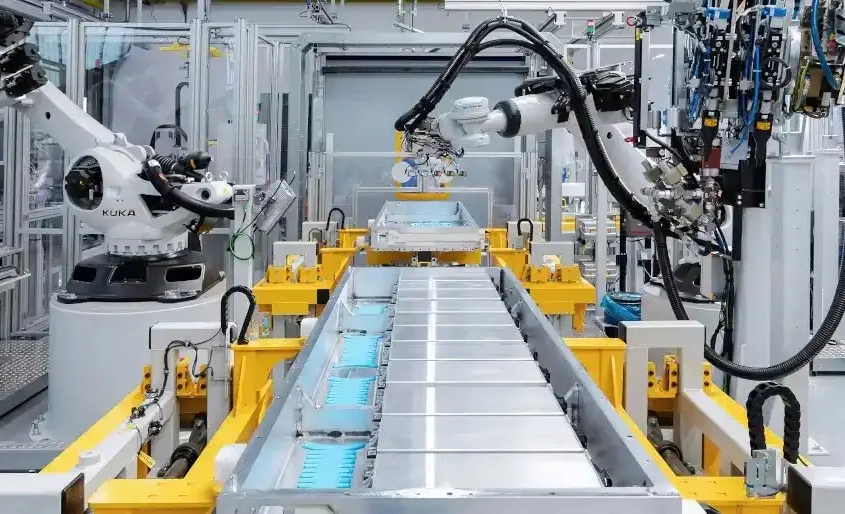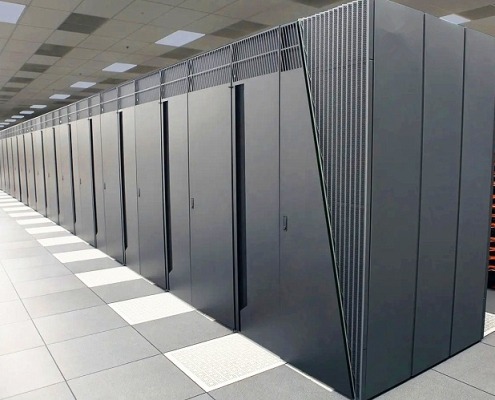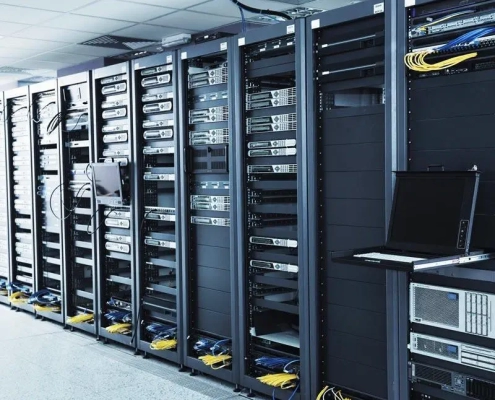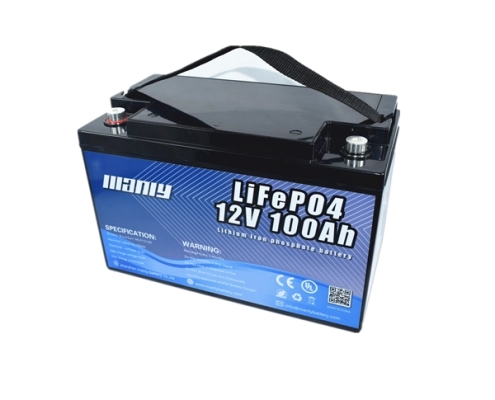Manufacturer vs. Distributor: What is the Difference in Battery Industry?
Table of Contents
Understanding the roles of a manufacturer vs distributor in the battery industry is essential for both businesses and consumers. Each plays a crucial part in ensuring that batteries, from those used in small electronics to large industrial machines, reach the market efficiently. Manufacturers are the creators, turning raw materials into finished products through complex processes and rigorous quality controls. Distributors, on the other hand, manage the logistics, ensuring these products are stored, transported, and available to retailers or consumers. This article explores the key differences between these two roles and how they impact the manufacturing and distribution of batteries.

Manufacturer vs. Distributor: Definition of a Battery Manufacturer
A manufacturer is a company or individual that makes goods from raw materials, using various machines, tools, and labor. In the battery industry, a manufacturer plays a crucial role in creating products like lithium batteries, lead-acid batteries, and more. They take raw materials, such as lithium, lead, and other chemicals, and transform them into finished products that can be used in various applications, from small electronics to large industrial machines.
Manufacturers are responsible for designing, developing, and producing these battery products. They often have large factories where they employ engineers, technicians, and production workers to ensure the batteries are made to precise specifications. The process involves several stages, including research and development, where new battery technologies are created and tested, and production, where these designs are brought to life.
An excellent example of a battery manufacturer is Farasis Energy, which was founded in 2002. They specialize in making lithium-ion batteries for electric vehicles and energy storage systems. Farasis Energy is known for its advanced research and development capabilities, which allow them to produce high-quality, reliable batteries that meet the demands of modern technology.
In addition to creating the batteries, manufacturers are also responsible for ensuring the quality and safety of their products. This involves rigorous testing and quality control measures throughout the production process. For instance, each battery must undergo multiple tests to ensure it meets safety standards and performs as expected. This can include testing for durability, efficiency, and safety under various conditions.
Manufacturers also play a significant role in innovation within the battery industry. They invest heavily in research and development to create new and improved battery technologies. This could mean developing batteries that last longer, charge faster, or are more environmentally friendly. By constantly pushing the boundaries of what batteries can do, manufacturers help drive the industry forward and meet the evolving needs of consumers and businesses.
Another important aspect of being a battery manufacturer is managing the supply chain. This involves sourcing raw materials, managing relationships with suppliers, and ensuring that all components are delivered on time and meet quality standards. Manufacturers must also handle logistics, including the storage and transportation of finished products to distributors or directly to consumers.
A well-known case in the battery manufacturing industry is Tesla, which not only makes electric cars but also produces the batteries that power them. Tesla’s Gigafactory, located in Nevada, is one of the largest battery manufacturing plants in the world. It exemplifies how a manufacturer can scale production to meet high demand while maintaining control over the quality and innovation of its products.
Manufacturer vs. Distributor: Definition of a Battery Distributor
A distributor is a company that buys products from manufacturers and sells them to retailers, wholesalers, or directly to consumers. In the battery industry, a distributor plays a crucial role in the manufacturing and distribution process by ensuring that batteries produced by manufacturers reach the market efficiently.
Distributors purchase large quantities of batteries from manufacturers and store them in warehouses. They manage the logistics of getting these batteries to retailers or end-users. This includes handling transportation, warehousing, and inventory management. By taking care of these tasks, distributors allow manufacturers to focus on producing high-quality batteries without worrying about the complexities of distribution.
For example, a well-known battery distributor is Interstate Batteries. They distribute batteries for various uses, including automotive, commercial, and marine applications. Interstate Batteries operates a vast network of warehouses and delivery routes to ensure that their products are available where and when they are needed.
Distributors often offer additional services like marketing and technical support to help retailers sell the batteries. They might provide training for retail staff, promotional materials, and after-sales support. This added value helps retailers better serve their customers and can lead to increased sales for both the distributor and the manufacturer.
In summary, a distributor is a vital link between battery manufacturers and the market. They handle the logistics of getting batteries from the factory to the store shelves, ensuring that the supply chain runs smoothly. Interstate Batteries is a prime example of how effective distribution can enhance the availability and success of battery products.
Battery Manufacturer vs Distributor:Key Differences
Conclusion
In the battery industry, both manufacturers and distributors play pivotal roles that complement each other. Manufacturers like MANLY Battery, with their vast production capacities and innovative approaches, drive the industry forward through continuous improvement and high-quality product output. They ensure that new technologies are developed and that products meet stringent safety and performance standards. Distributors, such as Interstate Batteries, bridge the gap between production and end-users, providing vital logistics, customer service, and inventory management. This collaboration ensures that high-quality batteries are not only produced but also reach the market efficiently, meeting the demands of various industries and consumers. Understanding these roles helps businesses make informed decisions about sourcing and distributing battery products.





